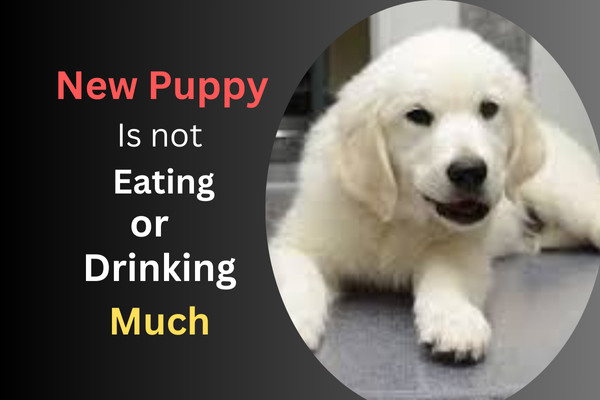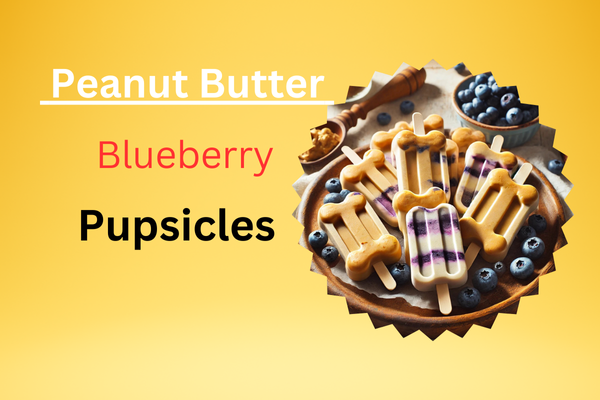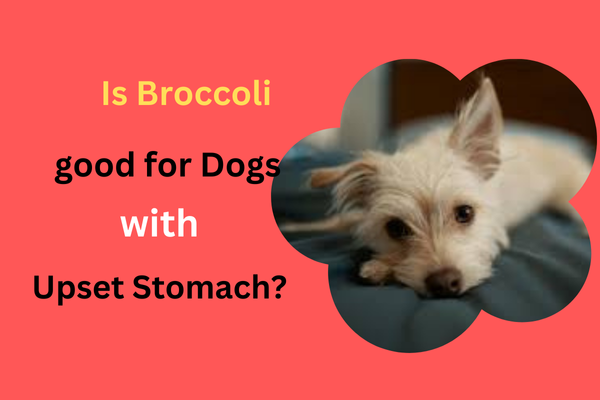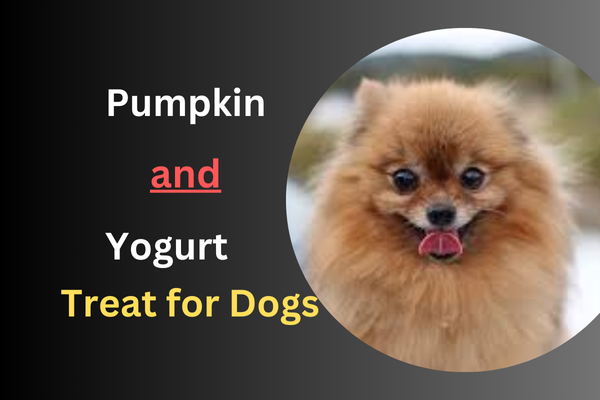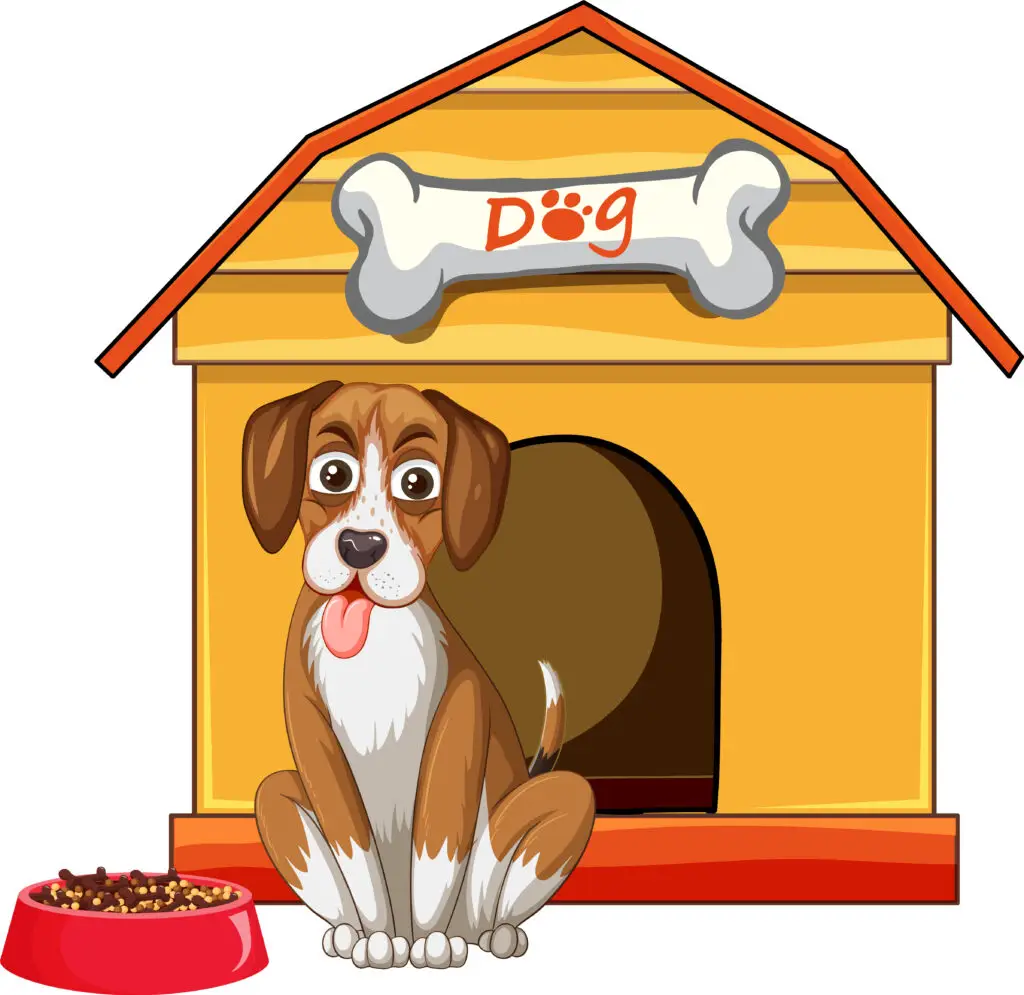Introduction
The arrival of a new puppy in the house is often a big deal, but if your puppy isn’t eating or drinking much then it can be something to worry about. Puppies are pretty energetic, and their health depends on proper nutrition and hydration. If your puppy doesn’t want to eat or drink, then you have to find out what is causing your puppy to refuse food or water and if possible, find a solution.
Here is a guide, packed with expert insights, solutions, and actionable tips for when your new puppy stops eating and or stops drinking. So lets dive in on everything you need to know when supporting your furry friend.
Why is My New Puppy Not Eating or Drinking Much?
1. New Environment Changes.
Stress might be the reason behind your puppy’s reluctance to eat or drink. Your puppy has a new home, with all of those unfamiliar sights to smell and sounds to hear, all of this is going to be overwhelming for your puppy.
2. Change in Diet
Changing what your puppy ate at the breeder or shelter to a new diet, which can be a brand or homemade, may throw them off their normal eating rut. Many puppies need help adjusting to dietary changes.
3. Health Issues
Common health problems that can affect a puppy’s appetite include:
- Teething Pain: Needing to eat puppies lose baby teeth and grow adult teeth, which can get in the way.
- Parasites: Nasty intestinal worms can be unpleasant and cause loss of appetite.
- Infections: This includes illnesses such as parvovirus or respiratory infections that are playing havoc with your puppy’s appetite or needing to drink.
4. Vaccination Side Effects
This is why vaccinations are necessary for your puppy’s health but may cause mild side effects, such as laziness or nausea to temporarily suppress appetite temporarily.
5. Overfeeding or Treats
Overfeeding them (too many treats) throughout the day can also cause disinterest in meal meals.
Why Your Puppy Needs Proper Nutrition and Hydration.
1. Growth and Development
A nutrient dense diet is needed for puppies to grow strongly, have healthy bones and a thriving immune system.
2. Energy Levels
Puppies may become lethargic without sufficient food and water, impacting their playful and curious nature.
3. Preventing Dehydration
Dehydration is dangerous for puppies, leading to symptoms like dry gums, sunken eyes, and reduced energy.

How to Encourage Your Puppy to Eat and Drink
1. Create a Comfortable Eating Environment
- Put food and water bowls in a fairly quiet, low traffic area.
- The bowls should be shallow, puppy friendly and easy to access.
2. Stick to Familiar Foods
- Serve your puppy the same food before you take him or her into your home for a couple of days. Start mixing new foods in slowly but gradually.
- Make sure your puppy is getting the age- and dog-specific food.
3. Warm the Food
If kibble is dry, warming wet food will entice it, or if it’s wet, lightly moistening dry kibble with warm water can help. It can stimulate your puppy’s appetite.
4. Hand-Feed Your Puppy
If your puppy won’t, give small bites of the food from your hand to build trust and entice eating.
5. Keep Water Fresh
Always switch the water so that it remains fresh and cold. The pups will be more inclined to cup it from a bowl that is clean.
When to Consult a Veterinarian
Signs Your Puppy Needs Immediate Attention
- Refusing to eat or drink steadily for more than 24 hours.
- Vomiting or diarrhea.
- Lethargy or weakness.
- (Stick with a dry nose, sticky gums).
- Things like being too much of a sleeper or not too invested in play.
See your veterinarian if these symptoms last.
What to Feed a Puppy that Won’t Eat
1. Nutrient-Rich Puppy Food
Feed your puppy high quality commercial puppy food that meets nutritional guidelines. Be on the lookout for foods high in protein, healthy fats, and important vitamins.
2. Bland Diet for Upset Stomach
If your puppy’s lack of appetite stems from an upset stomach, try a bland diet such as:
- Boiled chicken and rice.
- Plain-boiled sweet potatoes.
- Mashed pumpkin, small amounts.
3. Bone Broth
Give your dog their bone broth at a nice warm temperature to nourish them and keep them hydrated.
Tips to Maintain Hydration
1. Offer Ice Cubes
Puppies often enjoy licking ice cubes, which can help them stay hydrated and provide a playful distraction.
2. Add Water to Food
Mix a small amount of water or low-sodium chicken broth into your puppy’s food.
3. Monitor Water Bowl Location
Place water bowls in multiple areas of the home to make access easier for your puppy.
The Role of Routine in Feeding and Drinking
1. Set Regular Mealtimes
Offer meals at consistent times to create a predictable routine. Puppies thrive on structure.
2. Limit Distractions
During mealtime, remove toys, other pets, and loud noises that might distract your puppy.
3. Reward Eating Behavior
For eating or drinking use positive reinforcement, gentle praise, or a small treat.
Common Mistakes to Avoid
1. Switching Foods Too Quickly
Dietary changes can happen very quickly due to stomach upset that can occur with a loss of appetite.
2. Overfeeding Treats
You can spoil your puppy’s appetite for normal meals when you give too many treats.
3. Neglecting Fresh Water
Not only can you leave water out for too long, but it won’t have an appealing, stale taste if you do.
Conclusion
If your New Puppy Not Eating or Drinking Much, it’s important to know what’s happening and to act immediately. This can be due to your adjusting to a new home, or mild stress, but persistent difficulties need the help of a vet. If you create a good feeding routine, give them the right food and watch after them, your puppy will be healthy and happy.
It will all begin with good care towards your puppy’s well being so don’t hesitate if you need professional advice. However, you depend on them to keep them safe and thriving!
FAQs About Puppies Not Eating or Drinking
1. Should a new puppy be eating less the first few days?
It is pretty normal for puppies to eat less when moving to a new home. Make sure to monitor their behavior and within 1-2 days they start eating.
2. Is teething going to affect my puppy’s appetite?
Chewing can become painful during teething and result in a temporary decrease in appetite. It may be helpful to feed your child softer foods.
3. How much water should a puppy drink daily?
On a pound per body weight of water basis, puppies need about 1 ounce per pound of weight daily.
4. If my puppy vomits after eating, what should I do?
Severe vomiting is accompanied with lethargy and should be addressed immediately by a visit to your veterinarian.
5. How can stress make a puppy stop eating?
Temporary suppression of a puppy’s appetite is possible from stress or anxiety related to changes in environment or routine.

